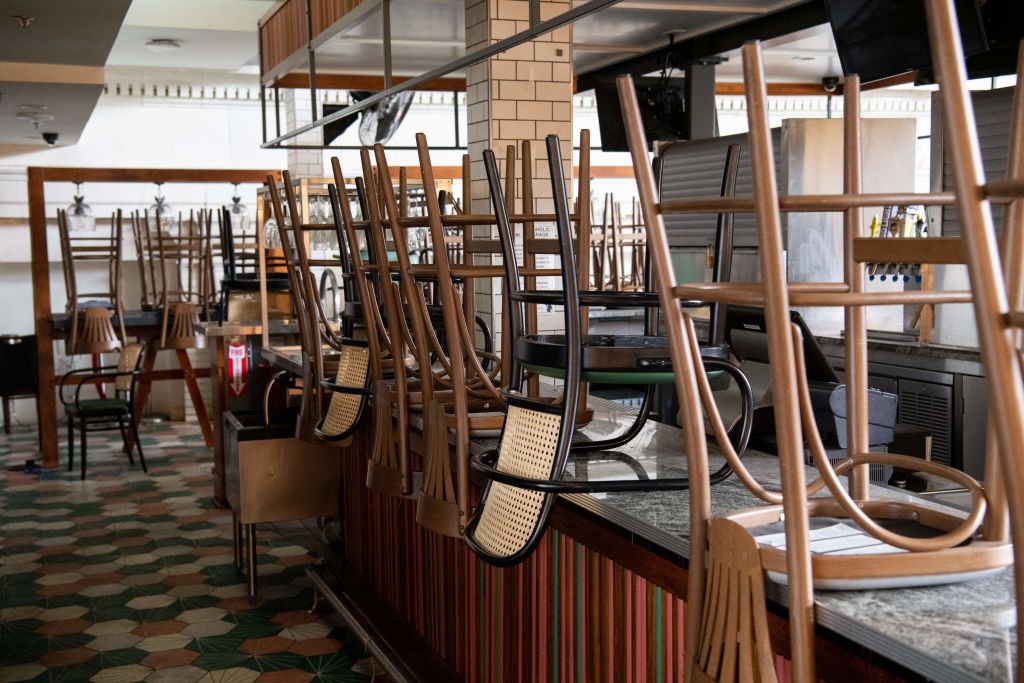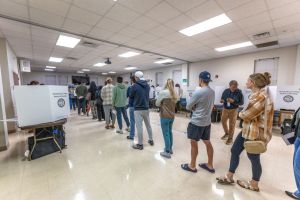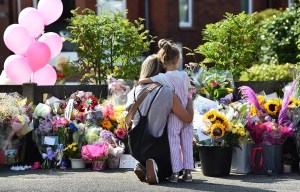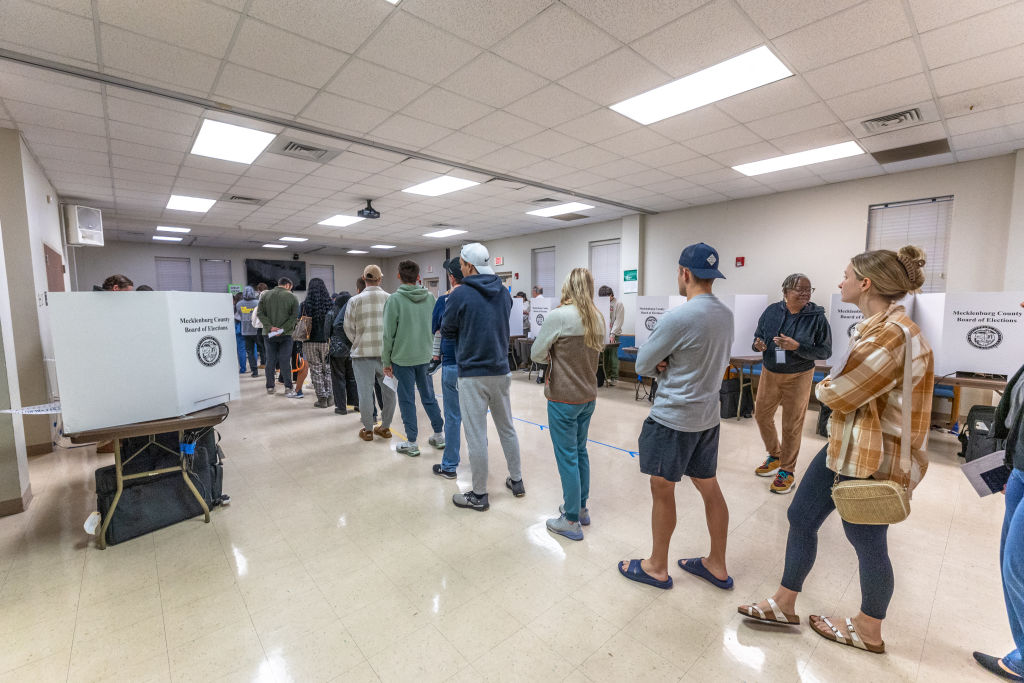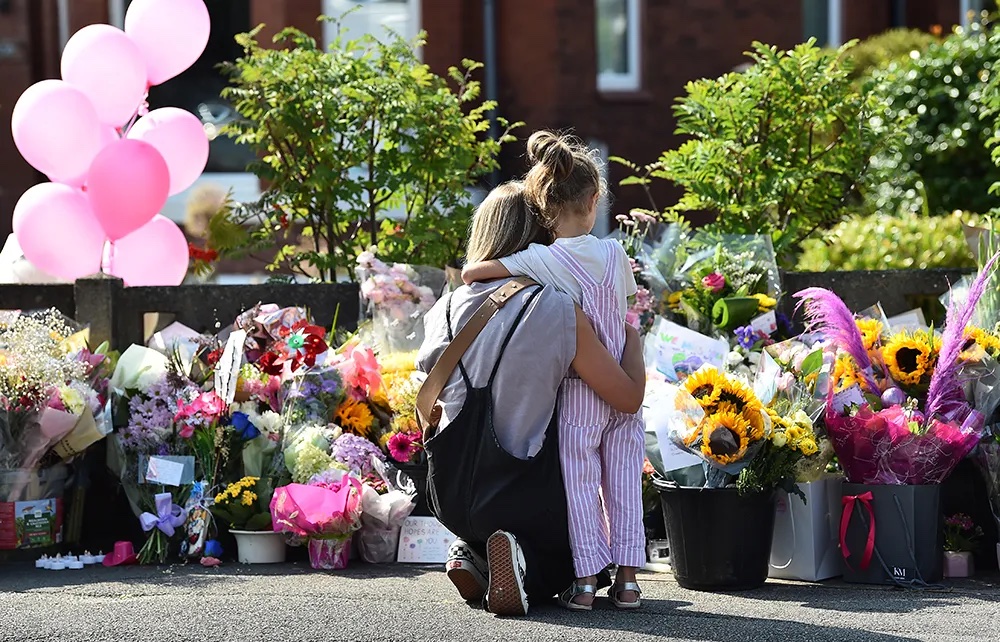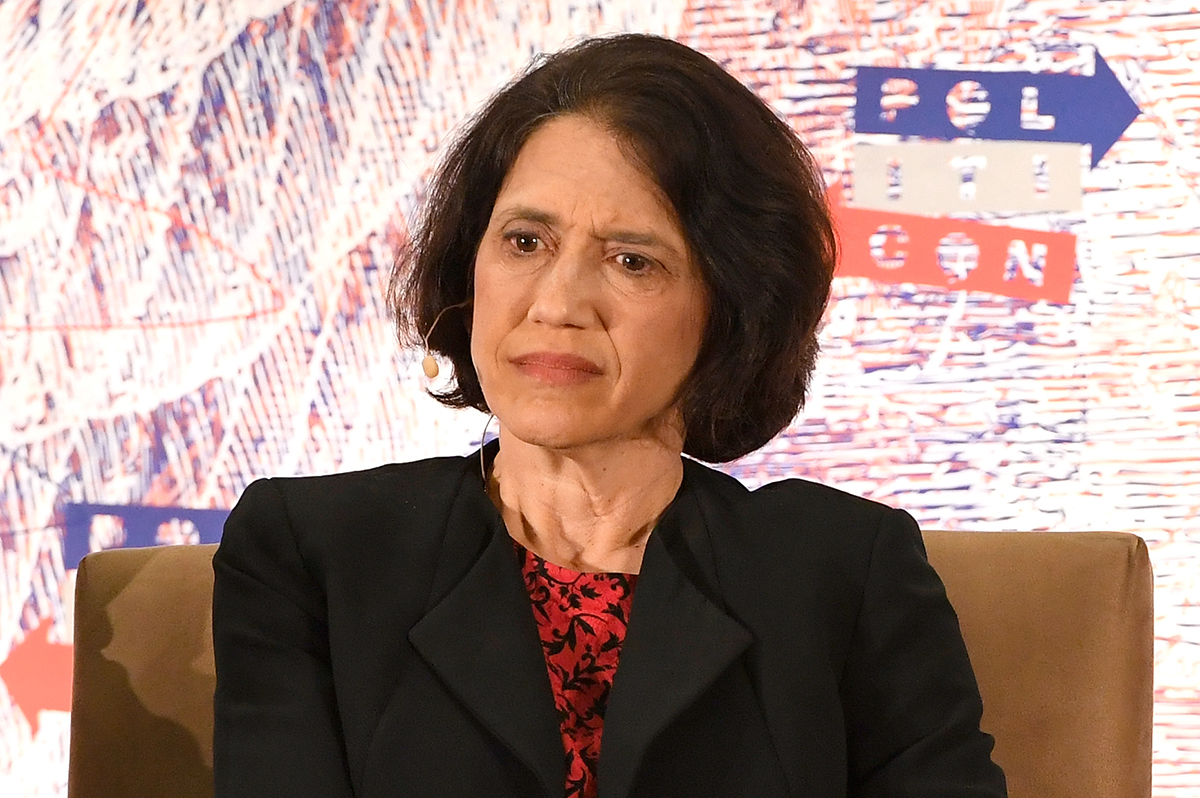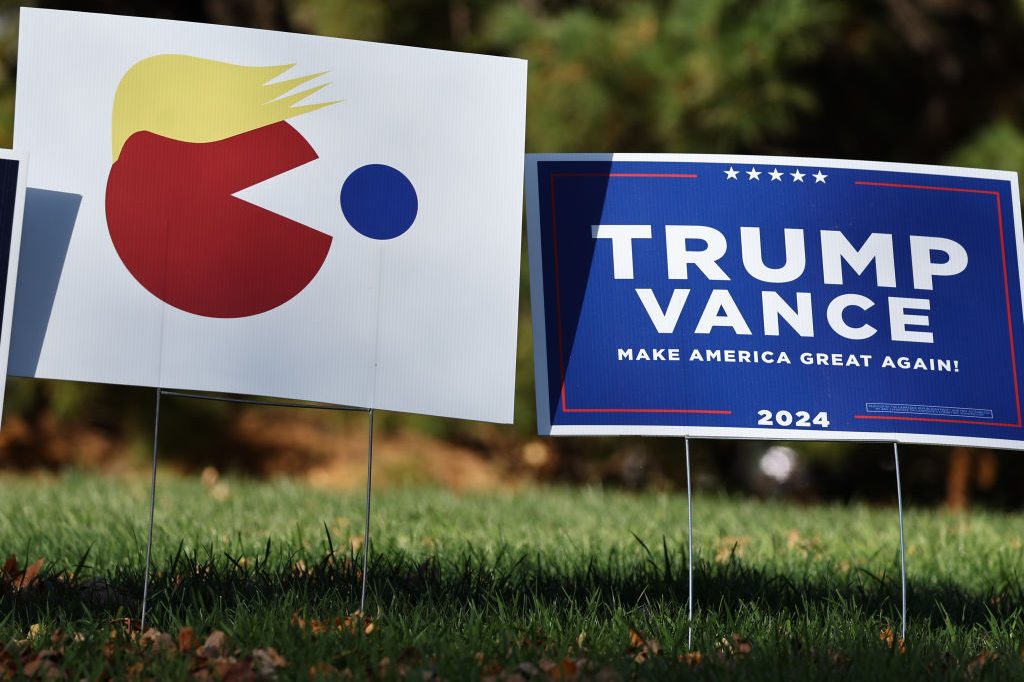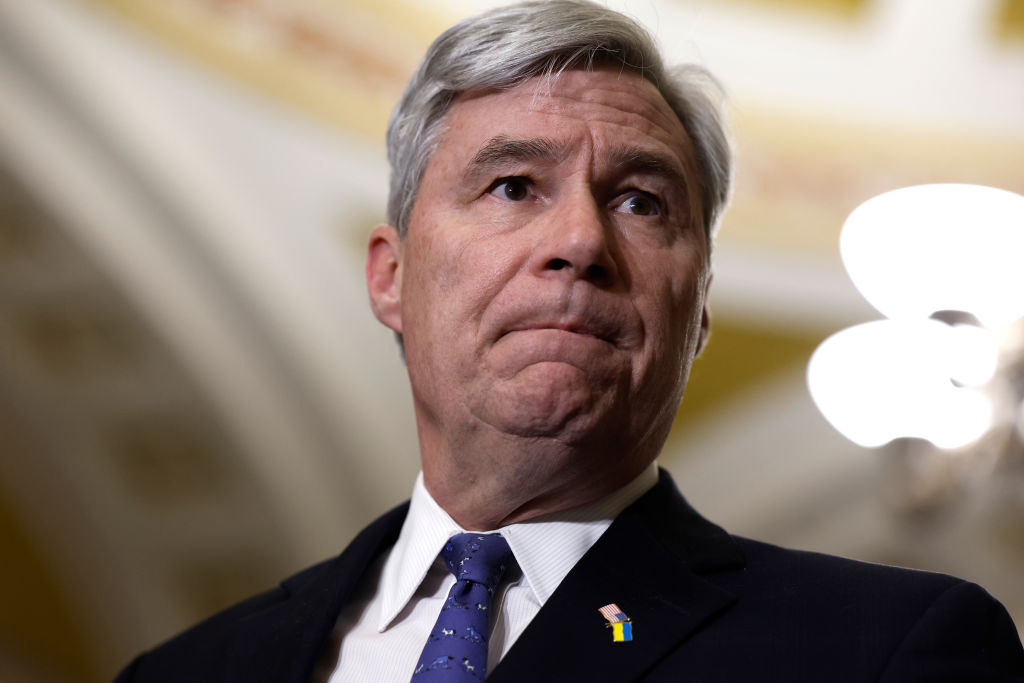Washington DC — I’ll try not to overstate things here — does not have a stellar reputation. Most Americans regard it as corrupt, alien, taking in an exorbitant amount of their taxpayer money and blowing it on stupid wars and bureaucratic boondoggles. DC is the Swamp, a fetid hothouse of buzzing lobbyists and special interests. It’s the Deep State, where well-oiled gears interlock and turn towards ever more self-enrichment and self-preservation.
The reality has always been a bit sadder. Washington is more pseudo-expertise than evil genius, more $3 Coors until closing than three-martini lunch. Henry Adams, who wrote the last great Washington novel, Democracy, in 1880, observed that DC was full of ‘simple-minded exhibitions of human nature; men and women curiously out of place, whom it would be cruel to ridicule and ridiculous to weep over’. Anyone who’s ever been out with a phone-addled Capitol Hill staffer who abruptly leaps up and announces he has to leave because ‘his member’ needs him knows that Adams was being kind.
That reality today is even sadder than that. All of America has been hit hard by the coronavirus, and the nation’s capital is no exception. The city was actually spared the worst of COVID itself, but it was still slapped with crippling lockdowns and closures. The result was that a net 29,000 people moved out of DC in 2020, about 4 percent of the population. According to research from Opportunity Insights, 43 percent of Washington businesses closed permanently or temporarily, while small business revenue took an astonishing 61 percent hit. And the pandemic isn’t even over: last Thursday, the city’s idiot mayor announced that residents would once again have to wear masks inside.
Today, a certain post-apocalyptic milieu prevails throughout DC. Farragut Square, the neighborhood where I work, a dreary Legoland of glass and steel office buildings in good times, feels gutted. I can count on three hands the number of bars and restaurants I once liked that have closed. Crime has soared; homicides rose 19 percent last year. Splashy episodes, like the recent gunfire on 14th Street that sent outdoor diners scrambling, hint at a far grimmer reality in the city’s poorer areas.
Friends tell me they’re moving away, to the Virginia suburbs, to Massachusetts and Texas and beyond. At the low life end of the city, no sector seems to have been harder hit than dive bars, which even before the pandemic were giving way to sushi joints and Sri Lankan/Uzbekistani fusion experiences. Now they give way to vacant storefronts. At the high life end, Sally Quinn, Washington’s hostess-in-chief for decades, has announced the death of the city’s elite social scene. According to Quinn, there will still be an upper-echelon set post-COVID, but it will be nothing like what it was before.
You don’t have to be a sadist to take a little pleasure in Washington’s pain. During the Great Recession, our community kept humming along while others shrank. People flocked here to be a part of Barack Obama’s big-spending (and just so cool!) federal government. Ever since, we’ve been living in a boomtown bubble. And given that we’ve racked up $29 trillion in national debt, it seems reasonable to think that DC should eventually have to take a haircut.
Yet perhaps because this metro area has been my home for the last 15 years, I can’t help but feel some sorrow. Washington is the Swamp, yes, but it also features little pockets of culture that rival anything anywhere else has to offer. U Street, once known as ‘Black Broadway’, with its theaters and jazz clubs, is one of the country’s great historical African-American neighborhoods. Adams Morgan might not quite be bohemia, but it’s still a weird and wild nightlife scene. Brookland, lorded over by the dome and spire of the Shrine of the Immaculate Conception, was once called ‘Little Rome’ for its abundance of beautiful Catholic colleges and institutions. Even Georgetown offers some remarkable history tucked away between the insipid H&Ms and Anthropologies.
It’s a funny thing. Every year, a freshly graduated class of young ideologues comes stomping off of the Acela, eyes ablaze, loudly virtue-signaling about how their new home is ‘Sodom on the Potomac’ or whatever. And every year, you look at them and think, those are the lifers. Those are the ones who will never leave. Washington is, if nothing else, an excellent place to have strong opinions. Its public square isn’t so much the Senate floor as the bar table, where smart and tipsy young things order seventh rounds of Yuengling they all assume the others are paying for and chatter about politics and life. The talk isn’t always interesting. Head to a Capitol Hill pub and you’ll hear so much jargon — ‘Dude! The LA on Approps just told the CoS he’s moving to PWC!’ — as to make you want to take a two-by-four to your own skull.
But it’s this dialectic that keeps people here, at least in my little corner of DC. If you have strong opinions about politics or policy or even culture, if you relish chatting about them with other people in various stages of high-functioning alcoholism, then this may be the place for you. Washington is a city of talkers, and with so many venues of conversation now closed, the loss is palpably felt. That isn’t to ignore the greed and hubris of DC. It’s only to say that those aren’t the only Washingtonians here, that some real diamonds glitter out of this rough.
There have been a couple nights as of late when I’ve gone to the National Mall, gazed upon its ethereal monuments, and thought to myself, still in awe after all these years, I live here. Here in DC, yes, but here in America, too, the country that built these treasures, that was once this committed to greatness and liberty. Let’s hope both are able to recover their spirit after a bad year that’s verging on a year and a half.



